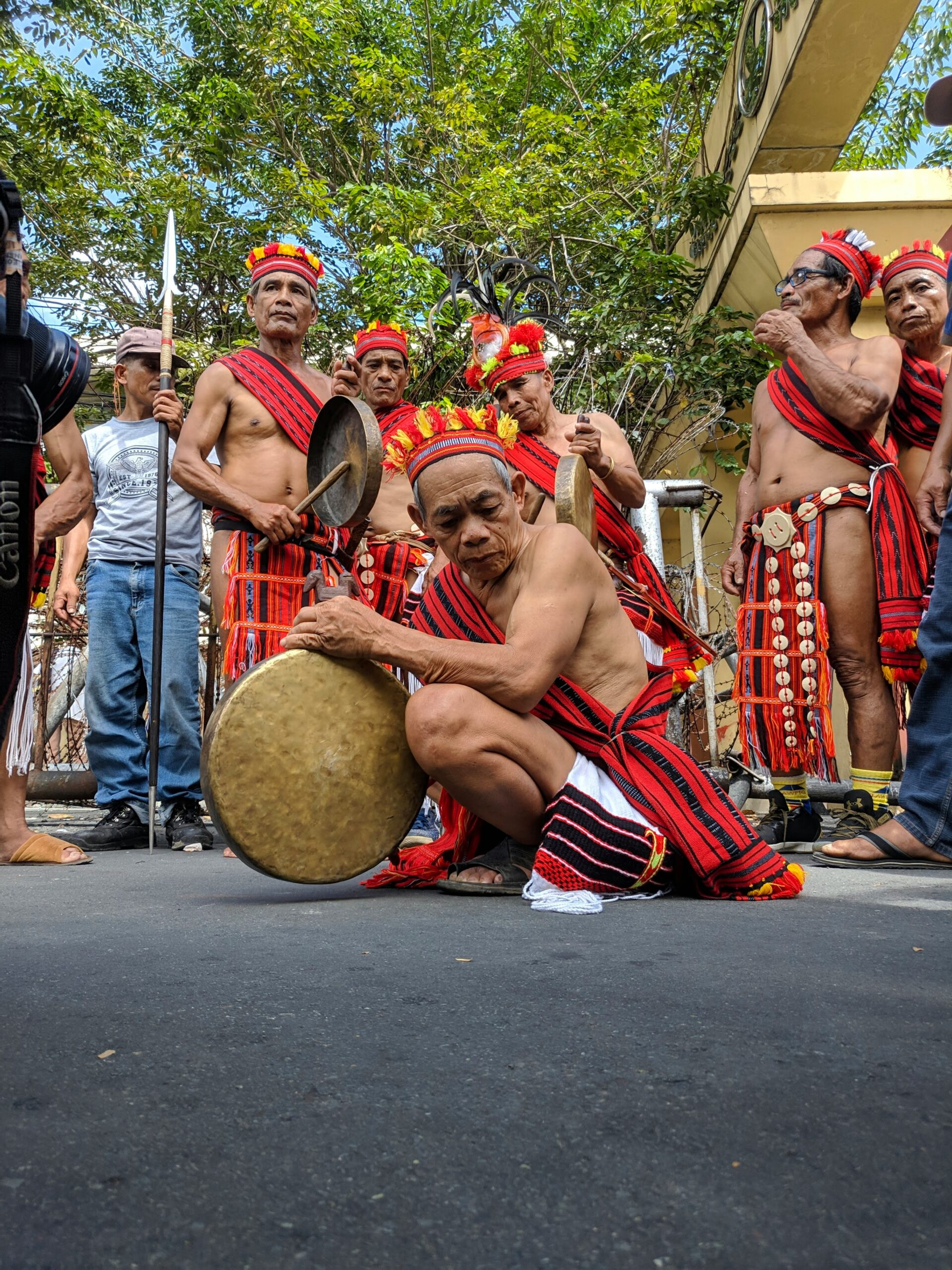
The Rich History of Filipino Indigenous Peoples
The Philippines is home to a diverse range of indigenous peoples, also known as Filipino aboriginals. These groups have a rich history and cultural heritage that dates back thousands of years. Today, there are over 100 distinct indigenous groups in the country, each with their own unique traditions, languages, and customs.
Preserving Cultural Heritage
Despite the challenges they face, Filipino indigenous peoples are committed to preserving their cultural heritage. Many communities continue to practice traditional crafts, music, and dance, passing down these skills from one generation to the next. This dedication to preserving their cultural identity is crucial in maintaining the unique tapestry of Filipino society.
Challenges and Recognition
However, Filipino indigenous peoples face various challenges, including land rights issues, discrimination, and limited access to basic services. The government and various organizations are working together to address these challenges and promote the rights and well-being of indigenous communities.
In recent years, there has been a growing recognition of the importance of indigenous knowledge and practices in sustainable development and environmental conservation. Efforts are being made to involve indigenous communities in decision-making processes and to promote their active participation in shaping policies that affect them.
A Bright Future
Despite the challenges, Filipino indigenous peoples remain resilient and continue to contribute to the cultural and social fabric of the Philippines. Their rich traditions and knowledge are invaluable assets that should be celebrated and protected.
As a society, it is crucial that we recognize and respect the rights of indigenous peoples, ensuring that their voices are heard and their contributions are acknowledged. By doing so, we can work towards a more inclusive and equitable future for all Filipinos.
